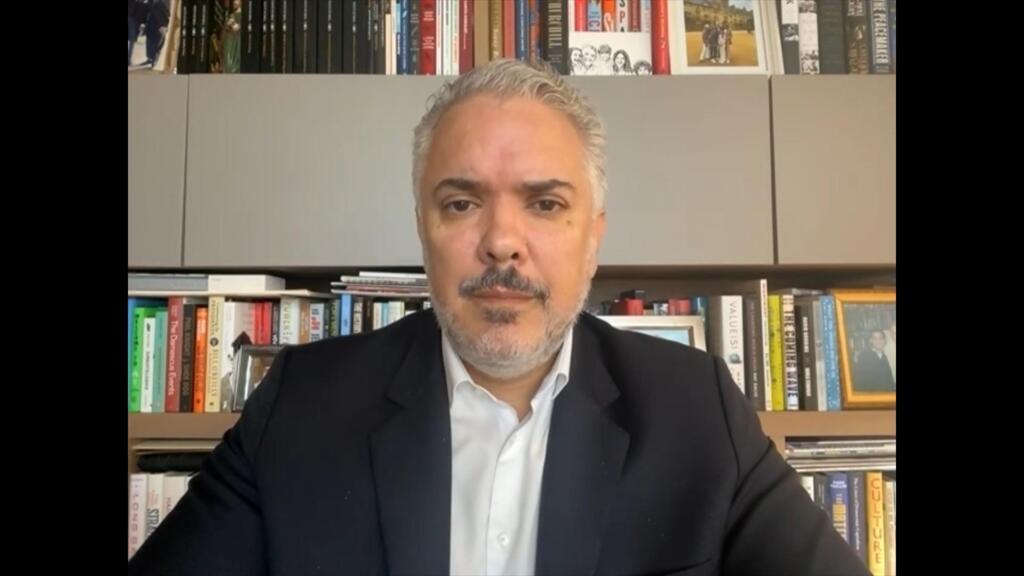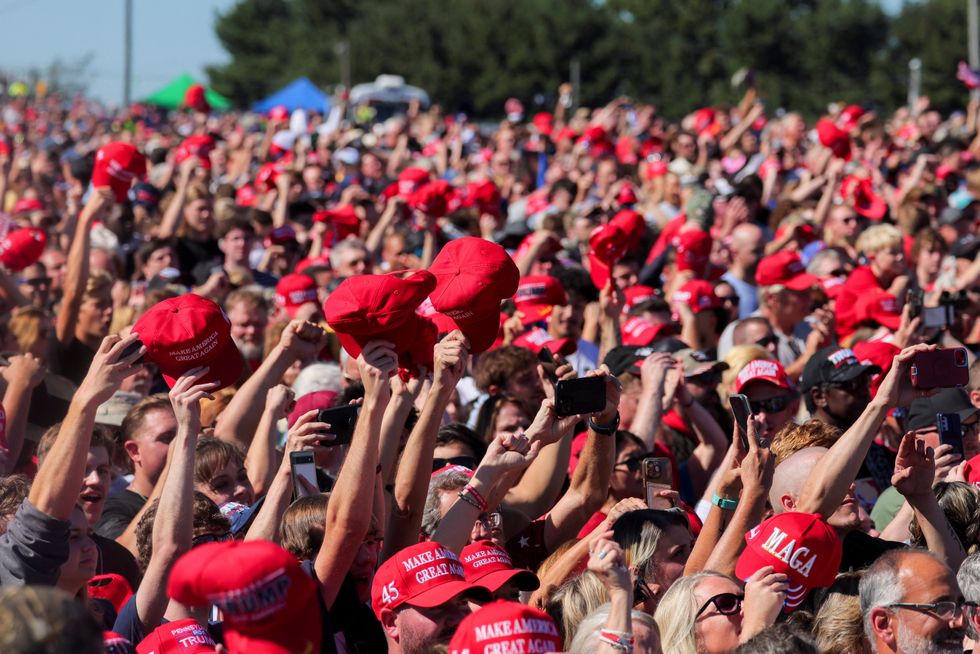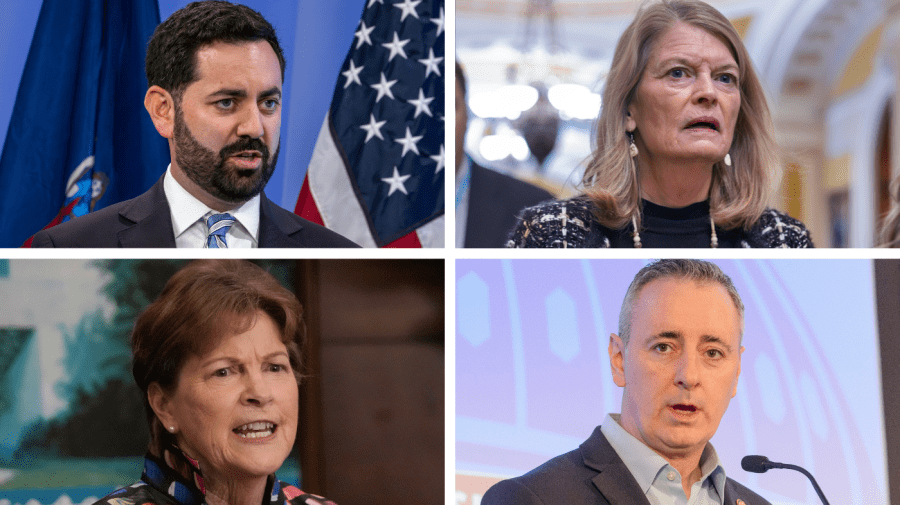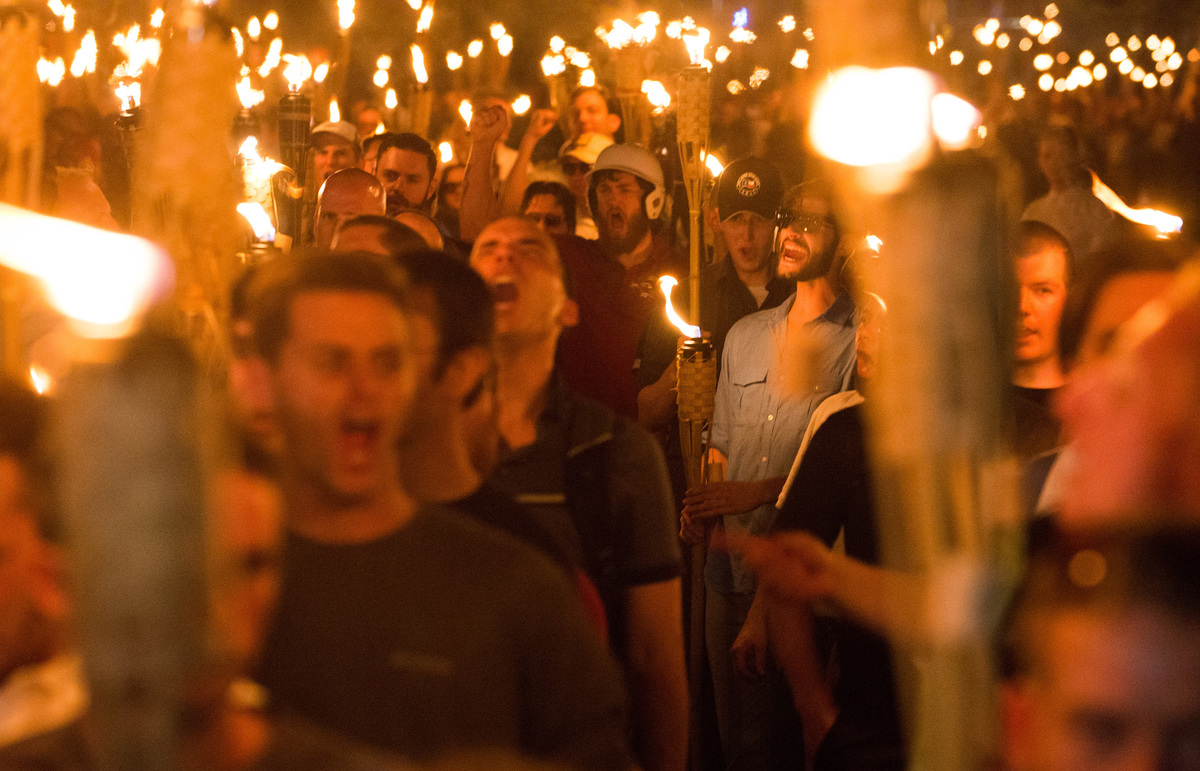In a recent interview with FRANCE 24, former Colombian President Iván Duque expressed his support for potential U.S. military actions aimed at countering drug trafficking linked to the Venezuelan government. Duque argued that such operations are justified due to the ongoing narcotics crisis in the region and the current political climate in Venezuela.
The former president’s remarks come in response to criticisms from Colombia’s current leader, Gustavo Petro, who condemned U.S. military interventions as “murder.” Duque emphasized the need for action against what he described as a regime led by a dictator, specifically referring to Venezuelan President Nicolás Maduro as the head of the Cartel de los Soles.
Duque stated, “If the U.S. uses its capacity to carry out interdiction, I think it is lawful.” He believes that the U.S. has a responsibility to undertake precision operations targeting drug cartels that operate within Venezuela. His stance underscores a significant divergence in policy between his administration and that of Petro, who has advocated for more diplomatic approaches to regional security issues.
The Cartel de los Soles, which Duque claims Maduro leads, is accused of facilitating drug trafficking operations that have contributed to escalating violence and instability in Colombia and neighboring countries. The former Colombian president’s comments reflect ongoing concerns about the influence of drug cartels in South America and the international response to these challenges.
Duque’s support for U.S. military involvement may resonate with various factions in Colombia, particularly among those who view the current situation as a direct threat to national and regional security. His advocacy for intervention raises important questions about sovereignty, international law, and the effectiveness of military operations in combating organized crime.
As the debate continues, the implications of U.S. actions in Latin America remain a contentious issue, with potential ramifications for diplomatic relations, security cooperation, and efforts to stabilize the region. The contrasting views of Duque and Petro illustrate the complexities involved in addressing drug-related violence and governance issues in Venezuela and Colombia.







